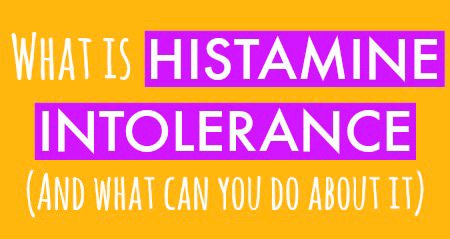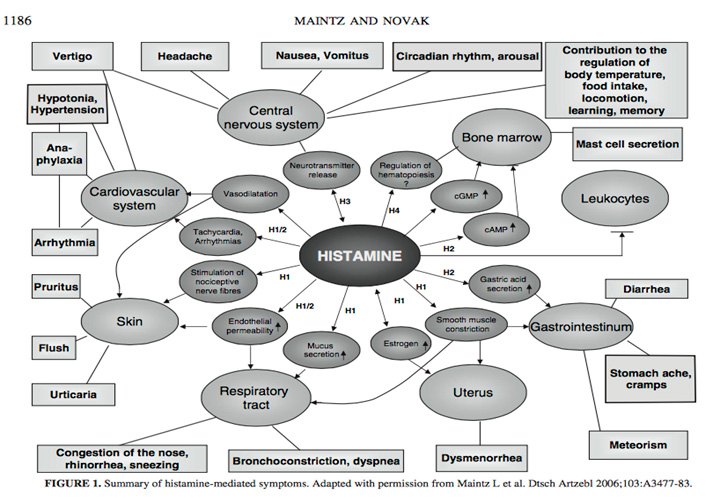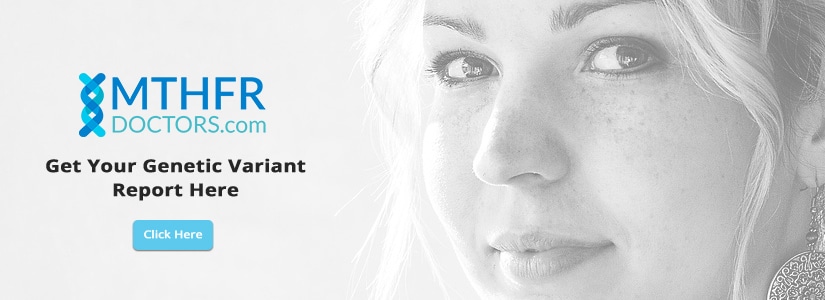It seems ever increasing that I have patients coming into my office complaining of hive-like reactions after something they ate or drank or even severe mood changes? What is going on here? Possibly the body has developed what is known as histamine intolerance
What is histamine?
Histamine is a molecule derived from the amino acid histidine.
It has a variety of roles in the body amongst the classic reaction of causing itchy skin to more serious reactions such as an anaphylactic reaction.
There are two areas histamine is found – the digestive tract and the brain. The role it plays in the body are numerous. A few of them include:
- Modulating glutamate NMDA receptors
- Being apart of arousal and anxiety
- Activation of the sympathetic nervous system
- Causing the release of stress-related hormones from the pituitary gland
- A role in water retention
- Supports digestion and movement of bowels
As you may be thinking, each of these areas can then be enhanced or suppressed if you have too much or too little histamine. So a balance is what we want to achieve.
As a result of histamine being found in the brain, can it affect mood?
Histamine is utilized in the brain, which can result in change of mood. The mechanism as to how this affects mood isn’t 100% known. There has been found to be a correlation between the amounts it is found in the brain and state of mood. For example, it thought that low levels of histamine is associated with depression while high levels is associated with mania.
To balance histamine in the brain, we want to ensure we are consuming enough of the amino acid histadine and that our body has the ability to successfully break down and remove histamine.
Any other areas we can commonly see an increase of histamine?
- Atopic Dermatitis
- Asthma
- ADHD
- Chronic urticaria
How is histamine broken down?
As any biochemical pathway, there are numerous agents involved. There are 3 pathways and numerous enzymes and cofactors.
There are three main genes that are paramount to processing histamine:
- HNMT
- DAO
- MAO
If any one of these genes are compromised, then the removal of histamine is decreased and symptoms of histamine intolerance occur
Key cofactors needed to support these genes
- SAMe
- Vitamin B6
- Copper
- B2
- Iron
- B5
Are there other reasons why histamine may be accumulating?
- An excess of histadine
- Excess histamine can actually block DAO (see in Atopic Dermatitis)
- If have leaky gut, then will pass and acts as a vasodilator
- Taking too many methyl donors such as methylfolate and methylcobalamine with compromised MAO genes. This can result in increasing methylation which in turn can increase the production of methylated histamine, therefore; cause an overabundance or trapping of methylhistamine.
- Other genetic polymorphisims: MTHFR, PEMT (Order a home test kit for MTHFR here)
- Gut bugs – some produce histamine and some block methylation (Pseudomonas aeruginosa
- Haemophilus spp, Enterobacter aerogenes, Clostridium perfringes)
- Deficiency in the cofactors
- Long term medication use of antibiotics, antacids and even antihistamines
- Life style: stress, anxiety, lack of sleep, excessive alcohol consumption
- Hormonal imbalance such as excess estrogen (use MAO)
- Diet: eating an abundance of fermented foods, aged foods, leftovers, citrus, fish, high protein intake
- Enviromental burden
- Compromised digestive health: IBS, IBD, leaky gut, SIBO
Overview of all the roles histamine plays in our body
- I love this photo as it does such an excellent job illustrating the complexity that it plays on our body (http://ajcn.nutrition.org/content/85/5/1185.full.pdf)
Foods to decrease if suspect a histamine intolerance
- aged, spoiled, leftovers
- alcohol
- fish
- pickled foods à saurkrawt
- canned foods
- aged cheeses
- smoked meats
- shellfish
- beans
- nuts: walnuts, cashews
- citrus, wheat, vinegar
What are ways to help overcome newly acquired reactions to foods?
- NAET
- DAO enzyme
- Reducing histamine foods (see above)
- Watching which probiotics you are taking (bifido vs lactobacillus spp)
- Supporting digestive health
- Addressing dysbiosis
- Looking at life style factors





Thank you, what a wonderful comprehensive summary, love your style!